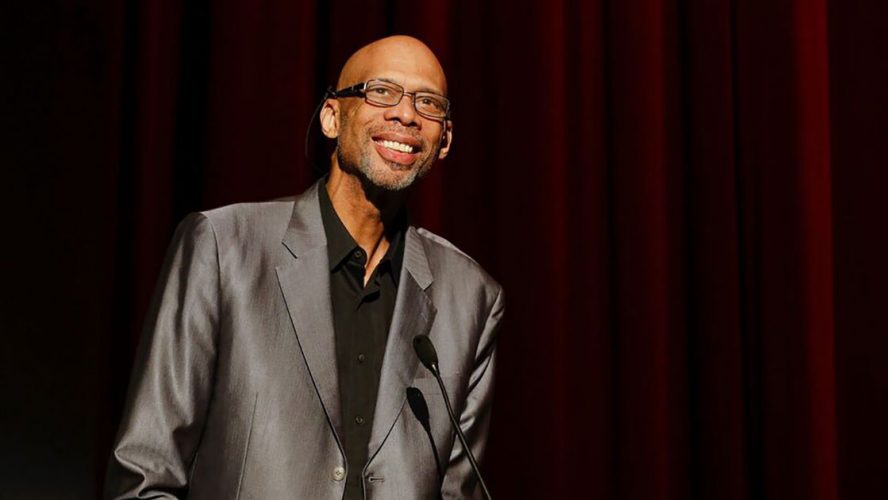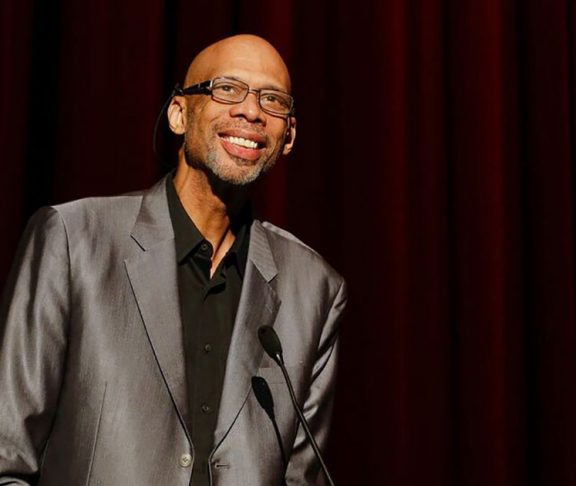Kareem Abdul-Jabbar was a record-breaking phenomenon during his twenty seasons in the NBA. Now retired, he reflects on the life-changing news he received in 2008, when he was diagnosed with Philadelphia chromosome-positive chronic myeloid leukemia (Ph+ CML).
“Ph+ CML is a slow, progressing type of blood cancer that is characterized by an abnormality known as the Philadelphia chromosome,” he explains. The abnormality produces a protein (BCR-ABL) that has been identified as the cause of CML.
“I had a close friend who had died from a type of leukemia not long before my diagnosis, so I was scared I was facing the same fate.” Fortunately for Abdul-Jabbar, his son was in medical school at the time of his diagnosis and explained that there are different types of leukemia — they needed to learn more about his specific case. “He really helped to calm me down,” reflects Abdul-Jabbar, a spokesman for Novartis Pharmaceuticals Corp.
Overcoming the challenges
As far as the most challenging aspects of his recovery, Abdul-Jabbar acknowledges the haziness that sets in at first. “I think it’s hard for anyone to wrap their head around having cancer,” he says. “But staying alive was my motivation.” As a competitive athlete, Abdul-Jabbar was able to face the challenge, as he describes, “pretty aggressively.” He was diligent in visiting his doctor, getting regular blood tests and taking medicine as directed. “Those were my key steps, and I continue to follow them to this day.”
A positive lifestyle
Because CML is a blood cancer that can be managed with the right therapy, Abdul-Jabbar emphasizes the importance of early detection, as well as positivity. “Having been a professional athlete, I continue to stay active and exercise regularly,” he says. “Stay positive, get all the facts and lean on your support network — family, friends, whatever. Most importantly, listen to your doctor and follow whatever treatment regimen he gives you. Don’t try to improvise with your medicines.”
He explains that, because of these challenges, he’s learned that he is stronger than he thought, and hopes to encourage others by sharing his story. “We are all human beings, and cancer is truly non-discriminant. But with real community there is real strength.”

